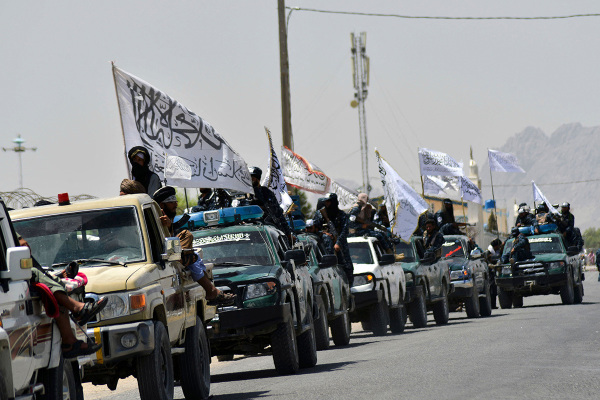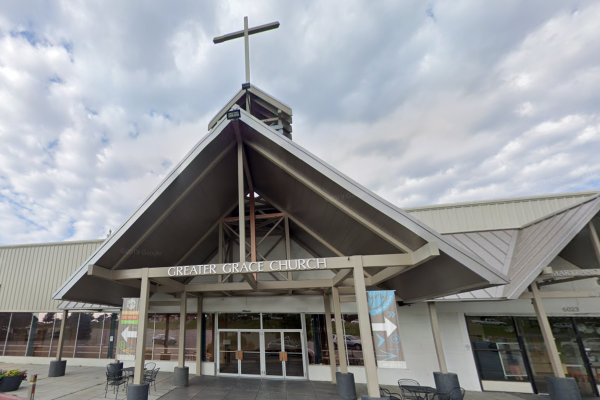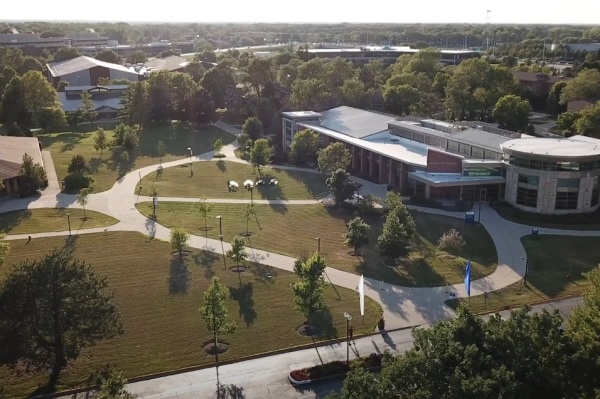Lausanne 4: Michael Oh reveals 4 most-dangerous words affecting the global Church
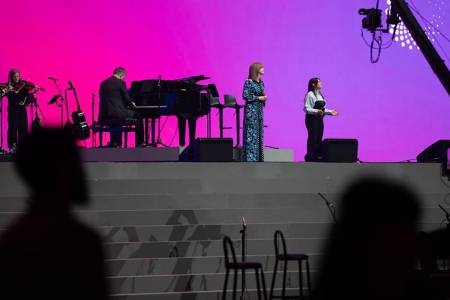
Others who spoke at the opening ceremony included Incheon Mayor Yoo Jeong-bok, who recognized the Lausanne Movement's "50-year legacy of world evangelization." The opening ceremony closed with performances by Keith and Kristyn Getty and their band.
Also addressing delegates was the Rev. Jaehoon Lee, senior pastor of Onnuri Church and chair of the Lausanne Movement's Asia Co-Host Committee that helped to organize the event.
He said that in an increasingly polarized world, the Lausanne Congress offered an important moment to think critically about some of the changes affecting the Church, like technology, the shift in the center of Christianity to the Global South and East, and the challenges of raising up a new generation of young leaders.
"The world seems like it is getting more torn apart than ever before. ... Can it be that God can deliver peace and healing through our prayers? Could it be that God can bring about hope and transformation through our partnerships?" he said.
As part of the seven-day event, numerous speakers will address various topics within the global Church, including Patrick Fung, global ambassador of OMF International, Pastor Rick Warren, Billy Wilson, president of Oral Roberts University, and Egyptian professor Anne Zaki.
Two significant documents were also released during Lausanne 4: The Seoul Statement and The State of the Great Commission report.
The Seoul Statement is the work of the Lausanne Theological Working Group and draws on feedback from regional gatherings over the last 18 months.
Co-author David Bennett said the document is an "exciting milestone" that will build on previous Lausanne statements, notably the 1974 Lausanne Covenant, the 1989 Manila Manifesto and the 2010 Cape Town Commitment.
The Church has 'failed to nurture new believers'
The Seoul Statement identifies seven key areas that the global Church must collaborate on in order to fulfill the Great Commission: the Gospel, the Bible, the Church, the human person, discipleship, technology, and the 'family of nations,' which focuses on people living in areas of conflict.
The statement expresses "regret" that "during the last 50 years of evangelistic harvest, the global church has not adequately provided the teaching necessary to help new believers develop a truly biblical worldview."
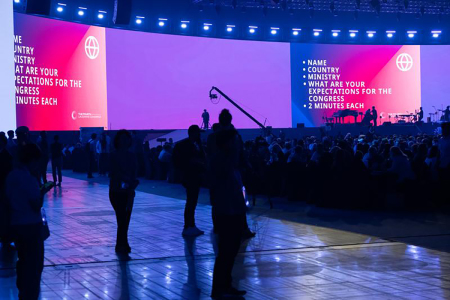
"The church has often failed to nurture new believers to obey Christ's call to radical discipleship at home, at school, in the church, in our neighborhoods, and in the marketplace," it reads.
"It has also struggled to equip its leaders to respond to trending social values and to distortions of the gospel, which have threatened to erode the sincere faith of Christians and to destroy the unity and fellowship of the church of the Lord Jesus."
The statement expresses alarm at the "rise of false teachings and pseudo-Christian lifestyles," both of which it says are "leading numerous believers away from the essential values of the gospel."
The statement calls on Christians to renew their commitment to the centrality of the Gospel and the faithful reading of Scripture.
"Only in this way can we meet the specific challenges that now face the global church as we seek to bear faithful witness to our crucified and risen Lord — from everywhere, to everywhere, for the sake of generations to come," it says.
The 'mission is now from every continent to every continent'
The State of the Great Commission report considers 10 key questions the global Church must consider as it looks ahead to the year 2050.
These include questions surrounding the impact of artificial intelligence, changing societal attitudes toward gender and sexuality, the world's aging population, radical politics, Islam and secularism, and the growth of Christianity across the Majority World.
"Christianity will increasingly be a religion of the aged in Europe and North America," it reads, adding that "mission is now from every continent to every continent."
"With the exception of Europe, every region in the world both sends and receives more missionaries than fifty years ago. Mission is increasingly decoupled from its Western colonial legacy, with more missionaries coming from countries that lack Christian majorities."
The report further notes that "with the exception of Africa, all regions will witness an increase in the proportion of the population that is unevangelized in the coming decades."
"This is a stark reversal of a century of growing gospel access around the world," it states.
During Lausanne 4, group sessions will be held to discuss 25 of the most pressing issues raised by the report.
Xia-Maria Mackay of Christian Today contributed to this report











